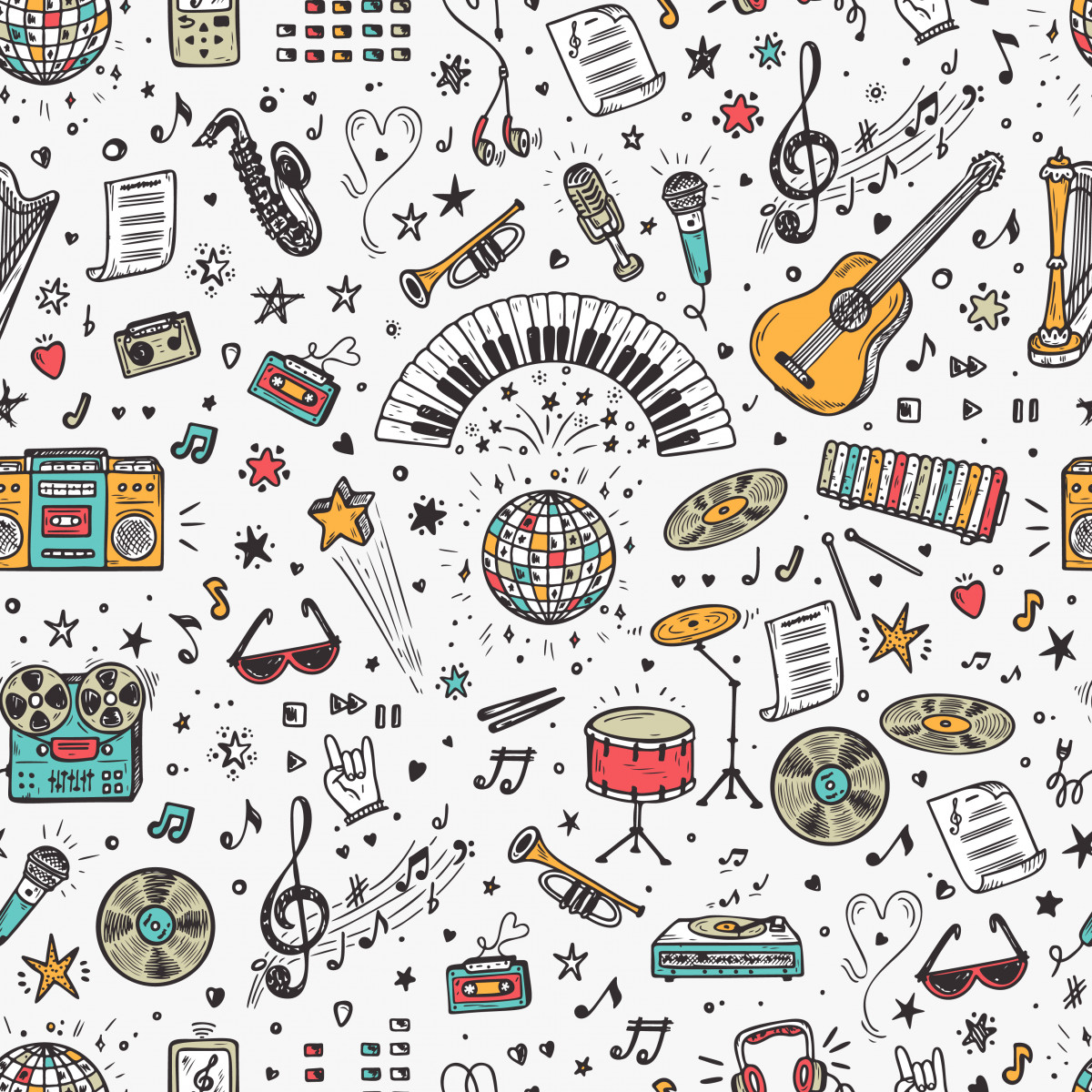Music Brings My Daughter Back to Me
Written by |

My 24-year-old daughter, Abby, has a terminal disease called Sanfilippo syndrome. It is likened to childhood Alzheimer’s. Children with this disease gradually lose all speech, motor, and cognitive abilities until their bodies shut down completely. This not only strips away Abby’s independence, awareness, and ability to connect to others, but also her interest in things.
She used to be active in Special Olympics and taekwondo, and she watched YouTube videos on her laptop, but those aren’t viable activities for her anymore. We now find ourselves watching lots of Disney movies and TV shows.
Music remains an essential part of Abby’s daily life. She mostly loves the favorite songs from her childhood. Abby’s speech has diminished to about five to 10 words. However, she produces more words while singing along to songs. I am a music therapist, and through my studies, I have learned about the effects of music and its potential to help various populations of people.
Research has shown that music reaches many people because of its ability to activate the whole brain. Specifically, research with Alzheimer’s patients shows how music not only helps them cognitively, but also potentially behaviorally and psychologically. Music extends to both hemispheres of the brain.
A picture of the brain’s reaction to music reveals much more brain activity than when the brain is at rest. Music activates all parts of the brain to some extent. For Abby, this allows the parts of her brain that are not as damaged to compensate for those parts that are more affected by her disease.
Singing to her often brings out even more words. My husband and I can sing some of her favorite nursery rhymes or phrases of songs she remembers, and her face lights up! We can tell whether she remembers the song; we leave out the last word or two of a phrase, and she often sings it. But if we just speak the phrase to her, she is much less likely to complete the lyric.
For example, we sing to her, “The itsy, bitsy spider climbed up the water _____.” She almost always sings “spout” back to us. It is like for a moment, she no longer has any disease.
Also, singing to her (or presenting her with live music rather than a recording) allows us to slow down so that she is more likely to process it. She can’t keep up and sing along when words are sung too quickly. She has more success singing lyrics to songs with slower tempos.
Music has truly proven to be a gift for Abby. (There was likely divine intervention at play when I decided to change careers and become a music therapist in my 40s!) It brings her such joy, and that makes me happy, too.
I recommend incorporating music into your daily life if it is not already. It can energize or calm you, and make you feel happy, sad, and anything in between. It can motivate you or distract you when necessary, and help you concentrate or go to sleep. Music is such a powerful tool that is easily available to so many.
***
Note: Sanfilippo News is strictly a news and information website about the syndrome. It does not provide medical advice, diagnosis, or treatment. This content is not intended to be a substitute for professional medical advice, diagnosis, or treatment. Always seek the advice of your physician or other qualified health provider with any questions you may have regarding a medical condition. Never disregard professional medical advice or delay in seeking it because of something you have read on this website. The opinions expressed in this column are not those of Sanfilippo News or its parent company, Bionews Services, and are intended to spark discussion about issues pertaining to Sanfilippo syndrome.






Olga
So true! My daughter with Sanfilippo syndrome is 6 y.o. now. She has always liked to sing her favourite songs. Now when her vocabulary is getting worse I sing her her songs and leave her to sing the last word in every raw. This is something she does with happiness even when she doesn't want to repeat words after me. So songs stimulate her continue talking, which is important for us.
Ann Petty
Kelly thank you for sharing this!